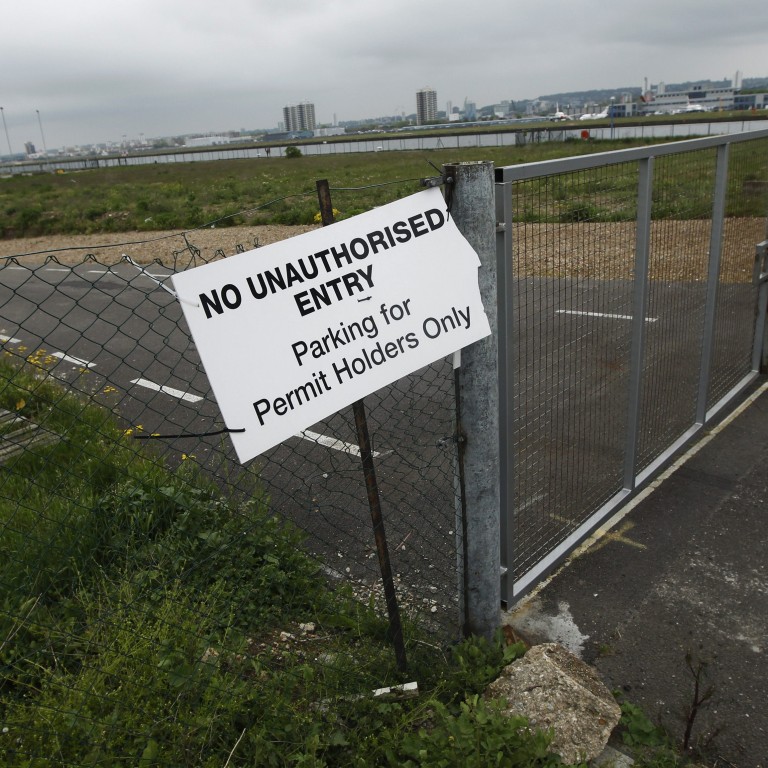
New policy expected to spur more investment overseas
A new policy on mainland firms investing overseas will encourage more developers and institutional investors to venture abroad, property consultants say.
A new policy on mainland firms investing overseas will encourage more developers and institutional investors to venture abroad, property consultants say.
The National Development Reform Commission released on April 10 a new policy on administrative procedures that simplifies the application process and relaxes the thresholds for requiring national-level approval.
The threshold for requiring NDRC approval has been raised to US$1 billion from the US$30 million in the previous policy on overseas investment, which dates from 2004.
The threshold for requiring State Council approval has been raised to US$2 billion from US$200 million.
"It is an encouraging step for mainland firms wishing to invest offshore. It is in line with the central government's 'going abroad' policy," said Carlby Xie, head of China research at Colliers International.
Colliers' latest research report shows the total value of the mainland's outbound investment in property - not including Hong Kong and Macau - has grown continuously from about US$69 million in 2008 to more than US$16 billion last year.
Xie said the new policy is a step towards increased market deregulation and should positively affect Chinese businesses wishing to invest overseas by reducing lengthy approval times and therefore the overall cost of doing business.
This is in line with the message from last year's Communist Party third plenum that the government would streamline the relationship between itself and the market, giving privately owned businesses a larger role to play in the economy.
According to the new policy, "large-scale land development" is considered a sensitive industry, and requires NDRC and State Council approval regardless of size.
Terence Tang, managing director of capital markets and investment services for Asia at Colliers, said: "Given the expected further appreciation of the [yuan] and the sustained growth of demand for real estate with attractive yields, Chinese investment in overseas property will likely double in 2014."

